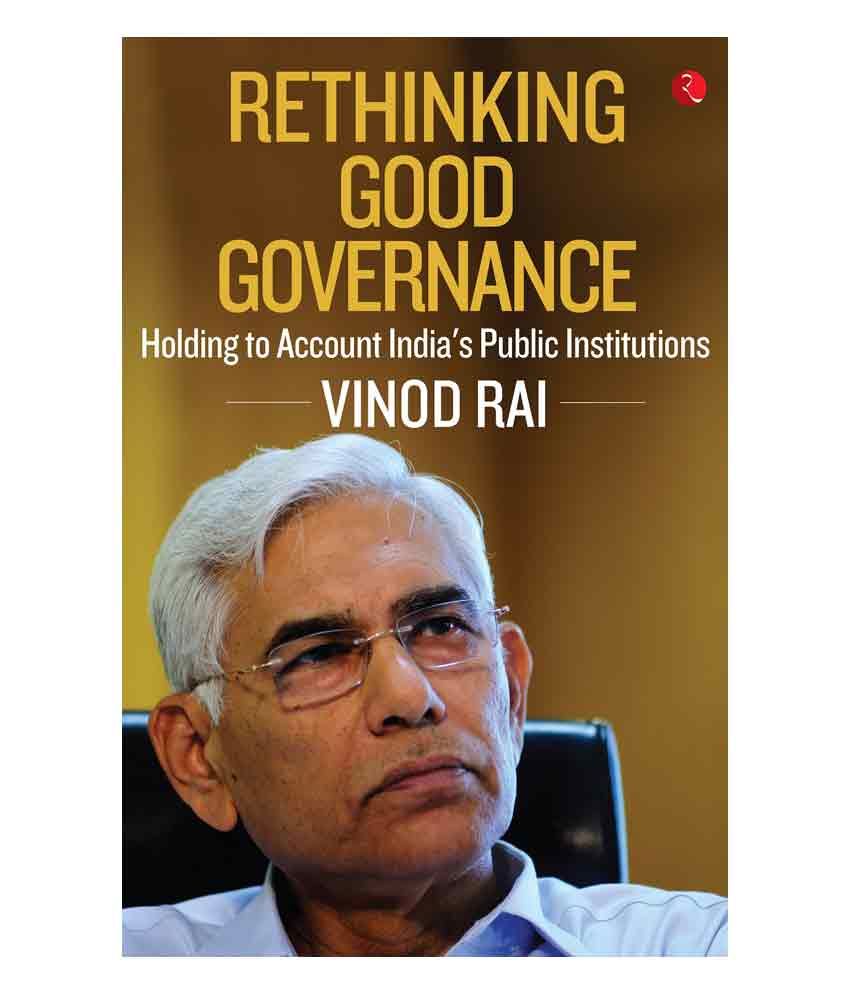Something went wrong. Please refresh the page and try again.
Something went wrong. Please refresh the page and try again.
Notifications can be turned off anytime from settings.
Item(s) Added To cart
Qty.
Something went wrong. Please refresh the page and try again.
Something went wrong. Please refresh the page and try again.
Exchange offer not applicable. New product price is lower than exchange product price
Please check the updated No Cost EMI details on the payment page
Exchange offer is not applicable with this product
Exchange Offer cannot be clubbed with Bajaj Finserv for this product
Product price & seller has been updated as per Bajaj Finserv EMI option
Please apply exchange offer again
Your item has been added to Shortlist.
View AllYour Item has been added to Shopping List
View All

No Cost EMI of Zero Emi Vendor applied on the product
You selected EMI of for monthsChangeGenerally delivered in 5 - 9 days
Item is available at . Change
You will be notified when this product will be in stock
| ||||||||||||||
Public institutions support good governance, which, in turn, promotes sustainable economic development and, thereby nurtures the welfare of the people. The vital bond between a people and its government is that of trust, and these public institutions help maintain that trust. They serve as the pillars supporting the foundation of a robust and vibrant democracy. In Rethinking Good Governance, Vinod Rai highlights the strength of each of these pillars and analyses the circumstances that may have led to their weakening, resulting in the foundations of our democratic fabric being somewhat shaken. From numerous occasions when parliamentarians failed to adhere to the decorum expected of lawmakers in the House, the serious deficit of impartiality and integrity within the Central Bureau of Investigation, to the issue of governance that has plagued the Board of Control for Cricket in India (BCCI), and the imbroglio around the perceived lack of cohesion between the government and the Reserve Bank of India, Rai reveals how each of these instances led to a gradual decline of the independence and autonomy of these institutions over the decade.
About the Author
Starting his career in the Indian Administrative Service in 1972, Vinod Rai rose to become the eleventh Comptroller and Auditor General of India in 2008. He demitted office in May 2013 after a very active and illustrious tenure. In 2016, Rai was appointed the first chairman of the newly created Banks Board Bureau. He is presently the Chairman of the Supreme Court-mandated Committee of Administrators of the BCCI. Rai is a Distinguished Visiting Research Fellow at the Institute of South Asian Studies, in the National University of Singapore. He is also on the Global Board of Trustees of the International Financial Reporting Standards Foundation, London. He has authored Not Just An Accountant, and co-edited Seven Decades of Independent India. Rai was awarded the Padma Bhushan in 2016, in recognition of his services to the nation.
The images represent actual product though color of the image and product may slightly differ.
Rethinking Good Governance: Holding To Account India'S Public Institutions
Rs. 403
Register now to get updates on promotions and
coupons. Or Download App